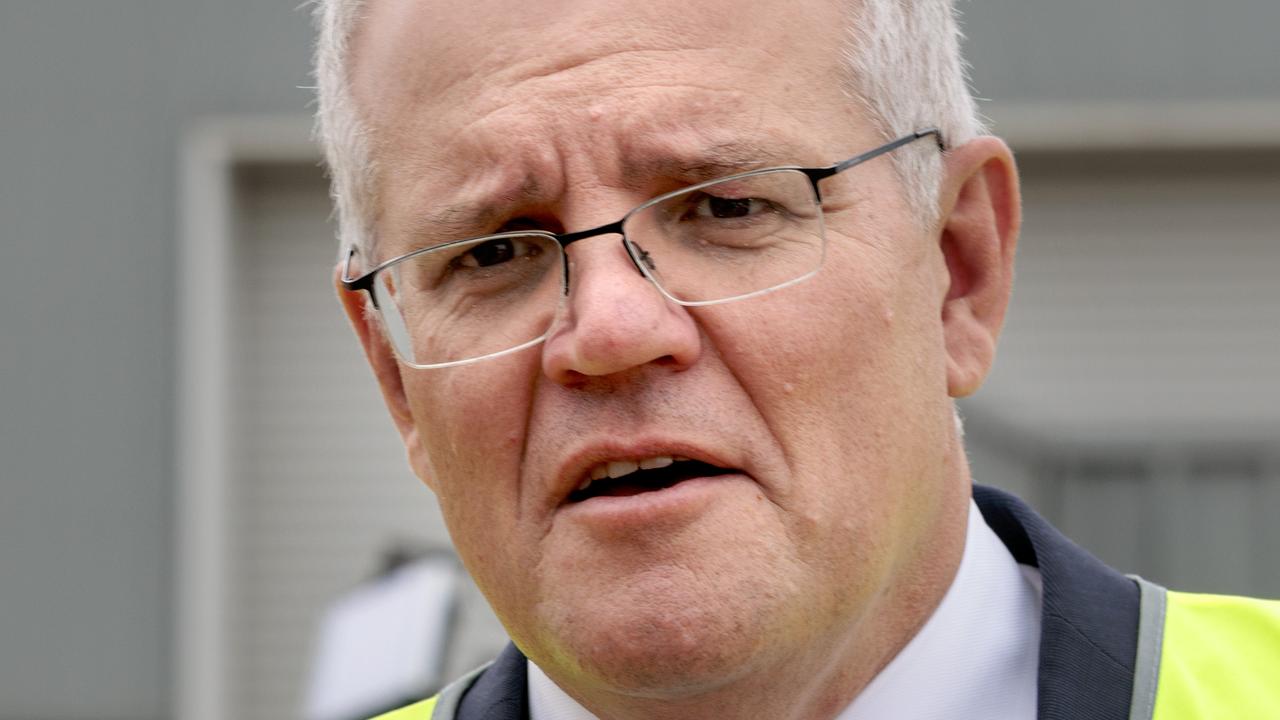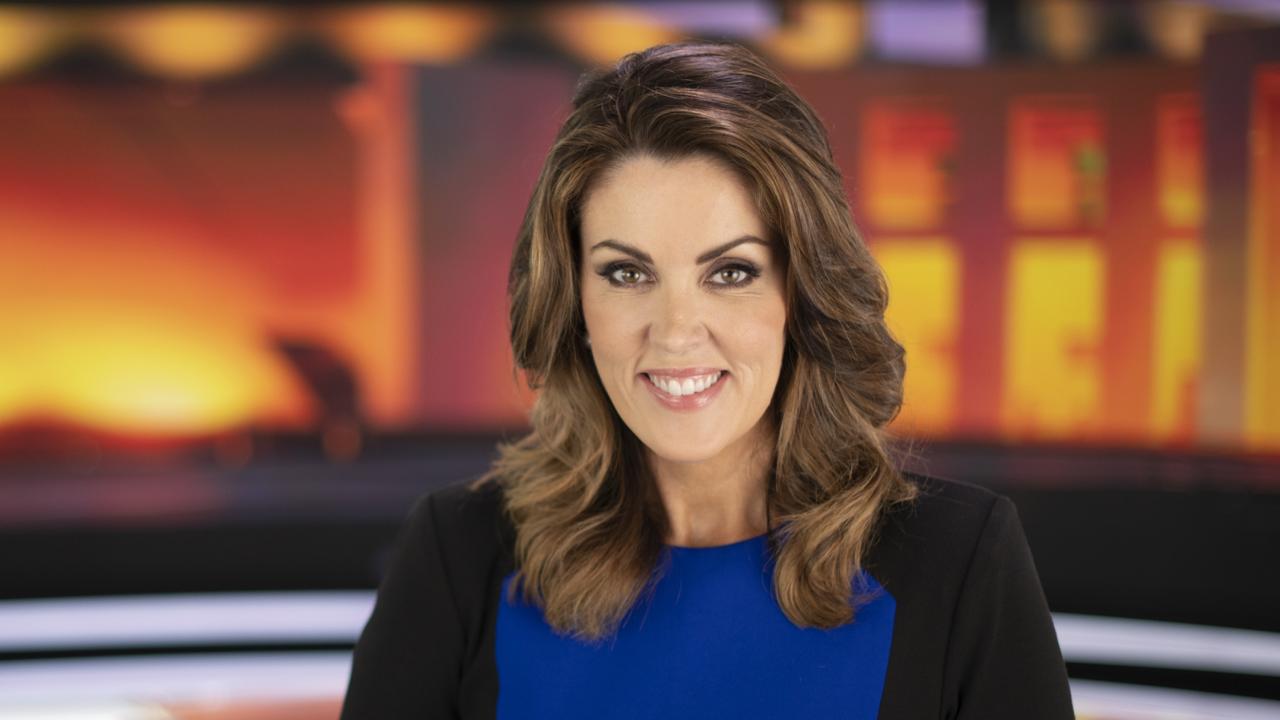State of the Nation 2019: Voters deliver rebuke of leaders ahead of federal election
Voters have unleashed on our political leaders in a landmark survey, venting their disappointment about the way our country is being run.
A staggering three in four Australians are not happy with the direction Australia is headed in, news.com.au’s State of the Nation survey has found, in what amounts to a stinging rebuke of our political leaders.
The statistic is one of the key findings of the news.com.au survey, which polled 25,347 Australians on what matters most to them ahead of Saturday’s federal election.
The results should be of grave concern to political leaders of all stripes, with voters venting their disappointment about the way our country is being run.
Women were more likely to be unhappy than men, and the most dissatisfied were Victorians and those aged between 45 to 54 years old.
“Our State of the Nation survey shows the profound depths of disillusionment Australians have in our political leaders,” news.com.au editor Lisa Muxworthy said.
“Scott Morrison and Bill Shorten should listen closely to what our readers are telling us: They are failing to inspire voters, they are not doing enough to address cost-of-living pressures and their short-term thinking stuck to the three-year election cycle is throttling the Australian way of life.”
Comments from news.com.au readers highlight how many Australians are feeling.
“Having returned to Australia from a decade overseas, I am being paid the same wage I was when I left. Basics are more expensive, wages have stagnated and the general cost of living is ridiculous,” one female respondent from Queensland wrote.
Another woman from Queensland complained: “Our government focuses on short-term goals, popularity polls, topics that are relatively insignificant for our future and lining their own pockets. We need solid leadership, good role models in our politicians to lead us into a sustainable future.”
A Victorian man said Australia was “too old fashioned” and the economy was relying on old industry. He said education, medication and healthcare were all “super expensive”.
Another Western Australia man said: “We are going backwards. More businesses being closed down. Overpopulation. Sending too much money to the UN rather than putting it into our community”.
The result shows Australians attitudes have barely improved since the survey was last run before the 2016 election. Back then, 78 per cent of Australians said they were not happy with the direction Australia was headed in.
The 2019 survey also showed there were fewer undecided voters than at the 2016 election, which is possibly being reflected in the record levels of pre-polling.
Here is a roundup of results.
WHAT AUSSIES ARE MOST CONCERNED ABOUT
Australians are most concerned about the cost of living, with 39 per cent of those surveyed listing it among their top three worries.
The next most common responses were the environment (22 per cent), immigration (21 per cent), business and the economy (21 per cent), and health (20 per cent).
Worries about cost of living were highest among those aged between 25 and 54. Those who lived in South Australia and Queensland were also more likely to be concerned, and women were more worried than men.
There was a widespread feeling among Australians that everything was getting more expensive but wages were not going up, with six in 10 of those surveyed agreeing with this.
Almost a quarter of Australians (21 per cent) said they were worried about how they would afford basic necessities such as food and utilities. On a positive note, this was down on the 36 per cent who were struggling in 2016.
Interestingly, just 27 per cent said they didn’t have any trouble paying for necessities, a question not asked in 2016.
Concern about almost every topic including immigration, tax, terrorism and housing affordability dropped this year. The one exception was a slight lift in concern about the environment.
CONTROLS ON WELFARE SHOULD BE STRICTER
One of the areas that showed the biggest shift in sentiment was people’s attitudes towards those receiving government benefits.
A staggering 41 per cent said Australia should have stricter controls on welfare and benefits, compared to just 15 per cent in 2016.
There was also a big drop in the number of people who believed welfare payments should be increased, from 49 per cent in the previous survey, to just 25 per cent in 2019.
The numbers of people who thought welfare payments should be decreased more than doubled from 5 per cent to 12 per cent.
Those in the 25 to 44 age groups were the least supportive of increases to payments and more supportive of stricter controls and reducing payments.
Meanwhile, 42 per cent thought older Australians were not being supported enough by the government but this was lower than the 55 per cent who thought so in 2016.
Unsurprisingly, the 45-to-54 and 55-plus age groups were the most worried about this.
The ageing population was thought to be the biggest issue in the country today by 41 per cent of those surveyed. Concern was highest among the 35- to 54-year-olds and lowest among those aged 55 and over.
However, only 6 per cent of those surveyed thought older Aussies had it easy.
When it comes to qualifying for the age pension, 17 per cent thought the age limit should be lowered, while only 7 per cent thought Australians should be older before they could retire.
MORE OPTIMISM ABOUT THE ECONOMY
Australians seem more optimistic about the economy, with only 34 per cent believing “Australia is going backwards”, compared with 41 per cent in 2016.
Significantly, 48 per cent of Northern Territory residents surveyed thought the country was going backwards. This compares to 32 per cent of NSW residents.
The Coalition’s message of jobs also seems to be getting through with just 28 per cent worried that Australia is not doing enough to boost the economy and create jobs. This is much lower than the 41 per cent in 2016.
It seems however, that the country is feeling the loss of Malcolm Turnbull, its biggest innovation cheerleader. About 36 per cent thought Australia wasn’t doing enough to foster innovation and ideas, compared to 28 per cent in 2016.
CONCERN FOR JOBS
Those surveyed were also asked about job security for the first time.
About 30 per cent said they were worried about their job security, with those in South Australia, Victoria and Western Australia the most concerned.
About 22 per cent were worried about the future of their industry and 26 per cent were worried about missing out on wage increases.
However, 27 per cent thought they did have good job prospects.
DRAMATIC DROP IN CHILDCARE CONCERNS
There was a dramatic drop in concern about the cost of childcare.
In 2016, a massive 79 per cent thought not enough was being done to help families with the cost of childcare. This now has now dropped to just 27 per cent.
There has also been a shift in people’s attitudes to who pays for childcare.
About 27 per cent of those surveyed thought childcare should not be subsidised by those without kids, compared to only 9 per cent in 2016.
There was however, a slight increase in the proportion of people who thought childcare was the responsibility of the community as a whole, which rose from 20 per cent to 23 per cent.
When it comes to childcare fees, only 9 per cent thought rates should be higher to support better qualified teachers.
About 12 per cent thought more should be done to help families find placements in their area.
FALLING FEARS OVER HOUSING AFFORDABILITY
Concerns about housing affordability have also fallen and this may be a reflection of falling house prices.
However, young people were still the most worried. About 42 per cent of those aged 18-24 were concerned they would never be able to afford a property and 24 per cent felt they were being shut out of the market by existing owners.
Overall, just 17 per cent of Australians are now worried they will never be able to afford a property, a big drop from the 28 per cent who thought so in the last survey.
Concern about property values being over-inflated also dropped, from 44 per cent to 38 per cent this year.
Not surprisingly, concerns about housing affordability were highest in NSW and Victoria.
STEADY ON IMMIGRATION
Almost half of those surveyed (47 per cent) thought there should be stricter controls on the criteria for immigration, compared with 46 per cent in 2016.
About 39 per cent thought the rates of immigration should be decreased.
There was a small fall in those who thought immigration should be increased from 19 per cent in 2016, to 14 per cent this year.
About 23 per cent believe the levels are about right.
HOSPITAL AND HEALTH SPENDING ARE A TOP PRIORITY
When it comes to infrastructure, hospital and health funding was consistently ranked as being the highest priority among all age groups and states.
About 37 per cent thought hospitals and health were the top priorities, followed by schools and education (18 per cent), public transport (15.3 per cent), roads (15.1 per cent) and defence (9 per cent).
Older voters were more worried about roads funding while public transport ranked higher for younger voters.
Those in NSW were the most worried about public transport, rating it as the second highest priority after hospital/health.
This year’s survey was conducted between March 21 and April 11 before the election was called and it identified Australians’ top three concerns.
Tell us what you think? Comment below
Continue the conversation @charischang2 | charis.chang@news.com.au




